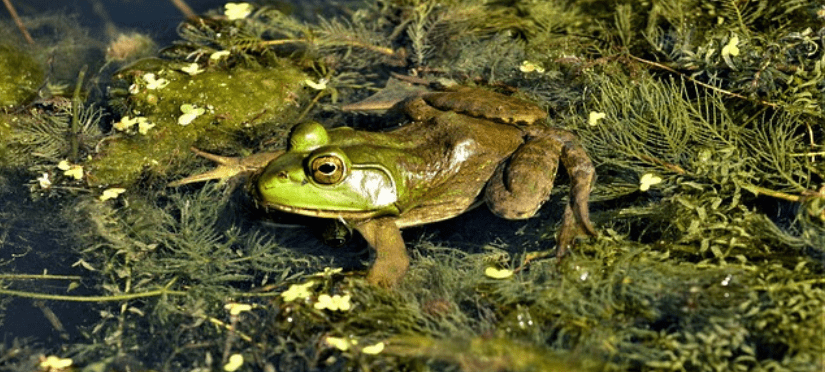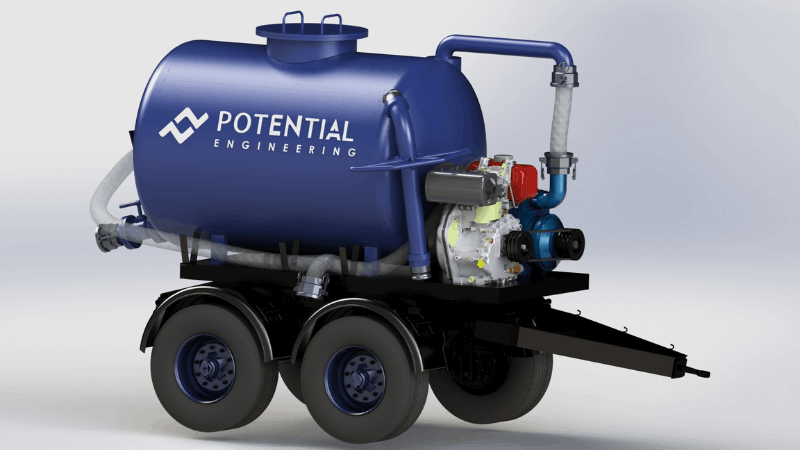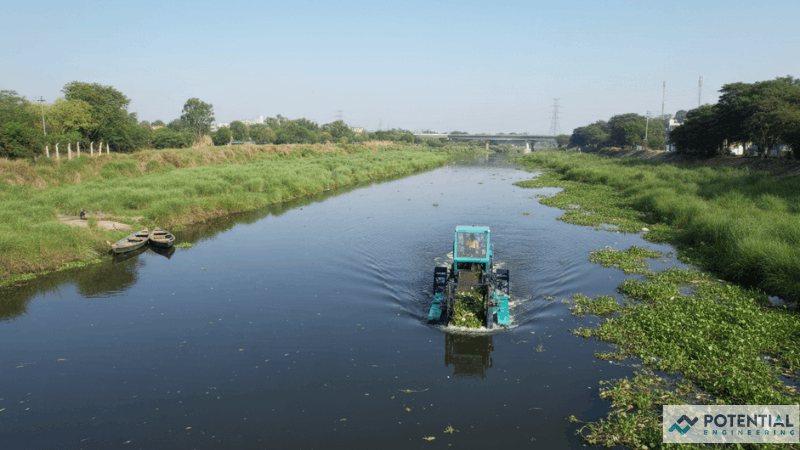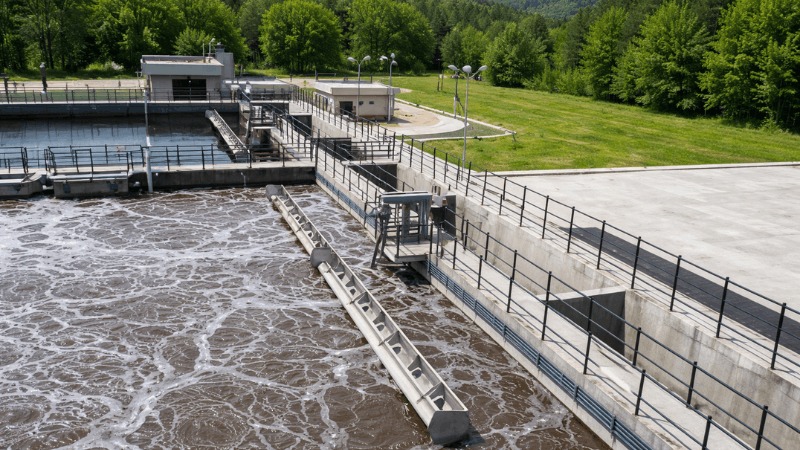Why is Oil Water Separator Important for Aquatic Ecosystems?

What is an Aquatic Ecosystem?
An aquatic ecosystem is a geographic area that facilitates the sustenance of aquatic organisms. The aquatic ecosystems comprise wetlands, rivers, lakes, oases in deserts, and coastal estuaries.
Aquatic ecosystems perform numerous functions, such as recycling nutrients, purifying water, reducing floods, augmenting and maintaining streamflow, recharging groundwater, and providing habitat for wildlife and recreation for humans.
Water, a quintessential part of aquatic ecosystems, plays a major role in the lives of many living organisms that rely on water to support their food, shelter, reproduction, and other life functions. Thus, aquatic ecosystems are critical to aquatic living organisms, the earth’s dynamics, human economies, and health.
Aquatic ecosystems are hotspots for water contamination like oil pollution, chemical pollution, solid waste, etc., due to various activities such as industrialization, agriculture, and urbanization. The aquatic ecosystems comprise the largest portion of the biosphere, which includes freshwater and marine ecosystems. In this article, we will focus on the impact of oil pollution on aquatic ecosystems, the importance of oil removal, and measures to mitigate oil pollution at the manufacturing level.
How does the Presence of Oil Affect Aquatic Ecosystems?
The presence of oil directly impacts aquatic ecosystems in three major ways:
- • Ingestion—when organisms/animals swallow oil particles directly or consume prey that have been exposed to oil
- • Absorption—when aquatic animals come in direct contact with oil
- • Inhalation—when organisms breathe volatile organics released from oil
The indirect effects of oil on aquatic life are:
- • Relocation of home ranges as animals search for new sources of food
- • Increase in the amount of time animals must spend foraging
- • Disruptions to natural life cycles
A high volume of oil in aquatic ecosystems may lead to the death of plants and animals due to smothering and toxicity; in certain cases, oil persists for years, resulting in less apparent but harmful chronic effects.
Here, we must note that aquatic ecosystems are most impacted by chronic discharge. Some examples of chronic discharge are improper oil disposal (industrial) and stormwater runoff. The measures to remove oil are cleanup operations, which remove some oil but not all oil from the environment; the oil that remains causes long-term adverse effects on the ecosystem while it naturally degrades over time.
It is important to address the problem of chronic discharge at source to safeguard the aquatic ecosystem and maintain our earth’s dynamics.
Importance of Oil Water Separators for Aquatic Ecosystems.
Oil water separators are eco-friendly systems they do not use any chemicals to separate oil from water. The separator works on the principle of difference in specific gravity between oil and water. The oil-water separators are efficient and easy to install & operate. The two major types of oil-water separators are gravity-based separators and coalescing separators.
These separators efficiently remove oil from industrial wastewater, making it safe for disposal into the receiving channels. Removal of oil before discharge not only safeguards the aquatic ecosystems but also offers benefits to the industry, which are:
- • Improved wastewater treatment
- • Environmental compliance
- • Reduced maintenance cost
- • May prove to be a potential revenue generator
The widely used oil water separators are CPI oil water separators, API oil water separators, TPI oil water separators, Hydrocyclone oil water separators, and coalescer oil water separators. These oil-water separators work on the principle of difference in gravity or by coalescing tiny droplets to form a giant droplet, aiding excellent oil and water separation.
Oil water separators can help reduce the environmental, economic, and humanitarian impact caused by oil pollution of the aquatic ecosystem. Oil pollution has a long-lasting detrimental effect on the lives dependent on water bodies directly or indirectly, which can be negated with the use of oil-water separator systems in an industrial setting.
Aquatic ecosystem – freshwater and marine ecosystems comprise the largest portion of the biosphere. The magnitude of adverse effects on the aquatic ecosystems is not limited to the organisms, but also to the many surface-dwelling organisms higher up in the food chain suffer when their food gets contaminated or scarce. We need to act responsibly and make use of oil-water separators in small and large manufacturing units to protect the largest biosphere we are dependent on.
Frequently Asked Questions
Q.1 How effective is oil spill response equipment in containing and cleaning up spills?
A. The effectiveness of oil spill response equipment in containing and cleaning up spills relies on rapid deployment, advanced technology, and coordinated efforts, crucial for minimizing environmental impact and restoring affected areas.
Q.2 What are the main components of a floating oil skimmer?
A. A floating oil skimmer typically consists of essential components such as a collection mechanism, flotation system, drive unit, and sometimes an intake pump, working synergistically to efficiently remove oil from water surfaces.





